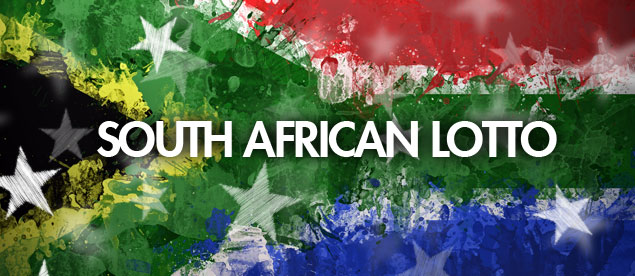Judge Neil Tuchten decided that the awarding of the contract to Ithuba, who took over from Gidani on Monday 1st June this year, was invalid due to issues over terms relating to the performance bond and guarantee. Ithuba had promised much higher revenues than their rivals, but experts had branded their R85 billion figure “unrealistic”. Davies, who oversaw the licence process, maintained that he was confident the problems could be rectified within the month allowed by the court.
It was found that Davies had allowed Ithuba to post a performance bond of R125 million in May this year, rather than November 2014 when the licence was granted. This lead to accusations that he knew they might not be able to afford it and the judge felt the risk that revenue targets might not be met, which could translate into lower contributions to the charitable National Lotteries Distribution Trust Fund, had not been properly considered.
Gidani had challenged the award, demanding a judicial review, but Judge Tuchten ruled that Davies’ overall decision had been a fair one, made between two well-matched bids. He also commented that the change of operator could help “invigorate” the lottery, which offers games like Lotto and South Africa Powerball. The outgoing lottery firm warned that a contractual obligation on Ithuba’s behalf to donate at least R16.5 billion over the eight years of the licence was likely to increase the risk of the company becoming insolvent.
Gidani CEO Bongani Khumalo has stated that his firm are on standby to take over from Ithuba, whose first few weeks at the helm have been mired with complaints from customers who have not been able to buy tickets or claim prizes, suggesting that they could be fully functional within two to four weeks.
A spokesperson for Ithuba yesterday promised that players would see no interruption in national lottery games. However, when Gidani itself was challenged by predecessor Uthingo in 2007, the lottery was suspended for six months.



